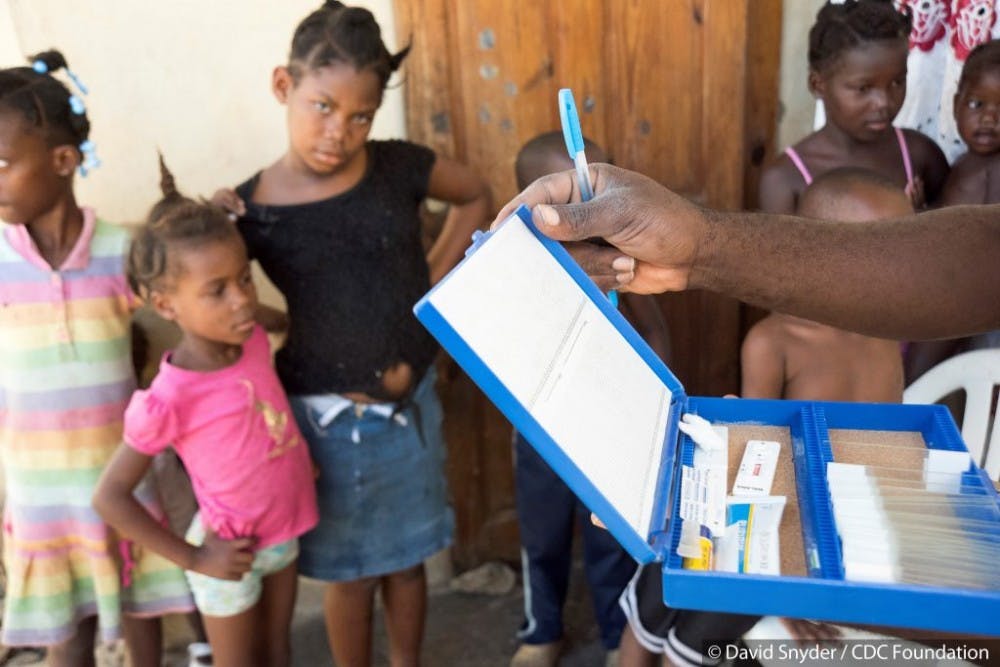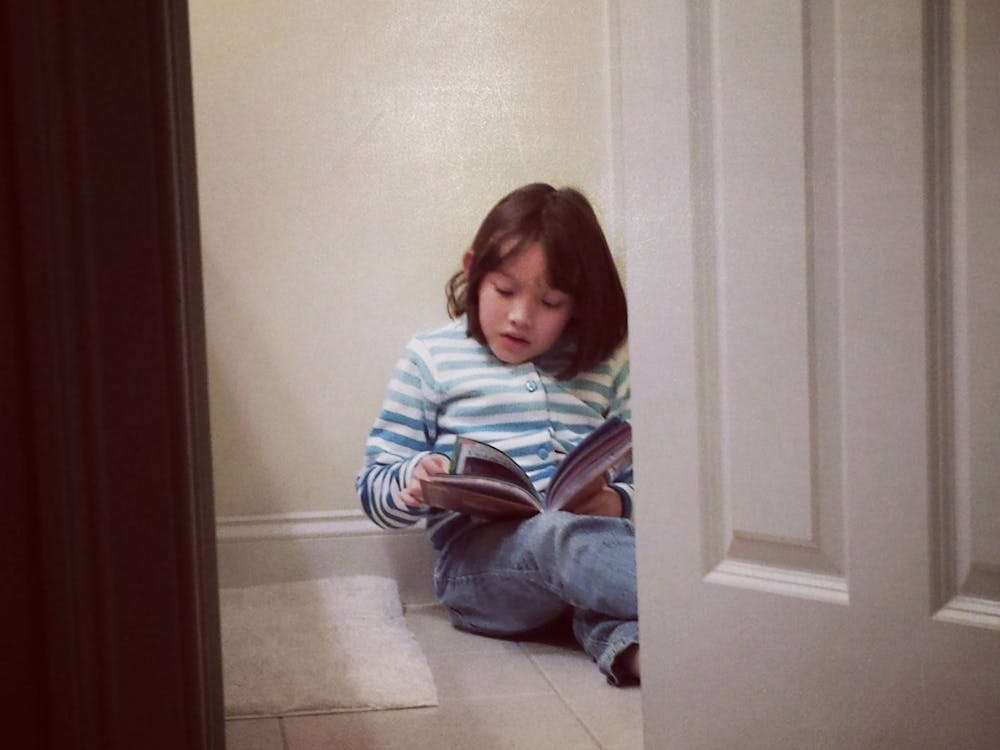Last spring semester, I took a philosophy course on morality. The class was often presented with moral dilemmas. These dilemmas placed us in hypothetical positions where we had to decide on a morally superior course of action when all options seemed dubious.
When we examined these scenarios in a completely theoretical sense, drawing from philosophers like Aristotle and Kant, we often came to a consensus about the “right” course of action. However, our conclusions were apt to change when the scenario was examined through a practical lens. Interestingly, the morally “right” decision often felt strangely wrong or uncomfortable.
The classic trolley problem presents a scenario where a trolley in a train station goes rogue and travels at an uncontrollable speed down a track where several railroad workers are oblivious to their imminent deaths. You, the reader, are in the position to flip a switch that reroutes the runaway trolley onto a different track where only one worker is killed. Do you flip the switch?
When presented with this problem, many share the same initial intuition that one life lost is preferable to many lives lost. On second thought, many also feel it is not the role of an arbitrary person to “play god” with other people’s lives and would prefer not to get involved in the situation at all.
Regardless of your personal conclusion to the trolley dilemma, does your decision change if one of the railroad workers is someone you know? What if, instead of saving hundreds of people by sacrificing one, the decision was between saving 11 individuals and killing another 10?
What happens if one of the individuals on the track with fewer people is an eminent political figure on the brink of brokering peace for the devastating war in Syria or an important scientist about to cure cancer?
The overarching question is a tricky one: What kinds of people do you deem to be more worthy of the right to live?
It’s easy to forget that moral dilemmas are not at all restricted to hypothetical and highly unlikely scenarios specifically intended to force a thinkers into the gray area between right and wrong.
As a student with a fairly set routine that mostly involves eating and pretending to study, it’s not often that I am presented with complicated moral questions that require much thought. As someone with the far-off dream of working for Doctors without Borders, real-life moral decisions pertaining to medical practice in crisis zones are relevant.
Emergency medical professionals in North America are trained to treat the most serious cases first and to provide full treatment as befits the severity of the patient’s condition. This way, there is minimal likelihood of someone dying because they had to wait too long.
However, doctors responding to disasters and war zones face massive shortages in equipment, medical supplies and adequately trained staff. As such, the approach to training patients is completely flipped by necessity.
Patients are assessed not only for their condition, but also for the resource demand of their treatment. If properly treating a patient in need of intensive care costs too much in terms of resources and labor, the patient must be turned away with the high likelihood (if not certainty) that they will die.
Surely one should expect big changes in how the system operates in a new environment. But this upending of fundamental medical ethics is the source of a lot of tension for practitioners who make the transition to aid work. Just imagine being the one to tell a patient and their family that despite having the resources, the hospital staff made the decision not to provide the treatment.
Now, imagine having to do that five, 10, 20 times or more every single day. Such a challenge can take an overwhelming emotional toll on anyone.
The ethics of crisis medicine are further muddled when one considers the treatment of medical professionals. Local doctors, nurses and anyone with medical training can usually count on getting expedited and higher quality treatment.
When foreign doctors from developed nations become ill, badly injured or otherwise in need of medical attention in the field, they are nearly always extracted from their disaster setting and flown back home for treatment. The extraction process is often resource-intensive, a logistical quagmire and extremely expensive. Local doctors don’t usually receive the same special care, even if their services are more effective.
Yes, crisis-zone hospitals desperately need to maximize their trained local staff. True, the assurance that their home country will go to extreme lengths in order to ensure the health and safety of their doctors encourages doctors to volunteer their skills in risky regions.
All the same, it is imperative that we acknowledge and appreciate the moral weight involved in these decisions.





